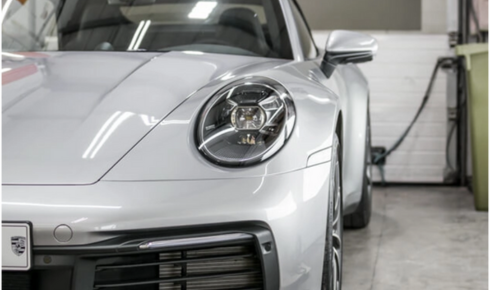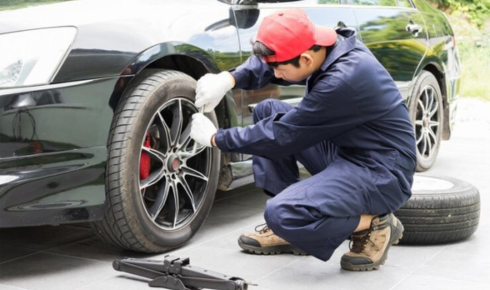PPF Car in Portsmouth a Practical Guide to Long-Term Paint Protection

Road grit, coastal air, and everyday commuting all conspire to dull a car’s finish. Even the most careful washing routine can’t prevent stone chips or micro-scratches from appearing over time. That’s why more Portsmouth drivers are turning to paint protection solutions designed to cope with real-world use rather than showroom conditions.
For anyone weighing up their options, ppf car services stand out because they add a physical, self-healing barrier above the paint. Instead of relying on waxes or sealants that wear off within weeks, a polyurethane film absorbs the minor abuse of daily driving while keeping the original finish intact. If you’re comparing local “near me” providers, it helps to know what separates a lasting installation from a short-lived one.
What PPF actually does
PPF isn’t a cosmetic dressing; it’s a sacrificial layer. The film takes the impact from gravel and road debris, resists chemical staining from bird lime and bug splatter, and blocks UV exposure that would otherwise fade the clear coat. Some films include self-healing properties that soften light swirls when warmed by the sun or gentle heat, restoring a smooth surface without polishing.
Where it’s most effective
You don’t always need a full wrap. Many Portsmouth owners prioritise the forward-facing panels most at risk:
- Front bumper and partial or full bonnet
- Headlight lenses and mirror caps
- Front wings and A-pillar sections
- Sills, door edges and rear arch impact zones
Targeted coverage manages cost while protecting the areas that collect the most marks.
The installation that lasts
A durable result depends on painstaking preparation. Trained installers decontaminate the paint, correct swirls where needed, then wet-fit the film with slip solutions that allow precise alignment before squeegeeing out moisture. Pre-cut kits help, but complex curves often benefit from bulk-installation and custom trimming. Edge wrapping where possible reduces visible seams and helps the film resist lifting over time.
Portsmouth realities
Local conditions matter. Sea air carries salt that encourages corrosion and clings to lower panels. Motorway runs throw up grit, while city parking brings scuffs and door-edge knocks. PPF answers each of these quietly: it doesn’t change the car’s colour or gloss, but it does take the abuse, so your paintwork doesn’t have to.
Upkeep in the real world
You still wash the car, just with fewer headaches. A pH-neutral shampoo and soft mitt are enough; harsh chemicals and abrasive pads are best avoided. If tar spots appear, a film-safe remover takes care of them without etching the clear coat beneath. A periodical check of edges and a gentle top-coat sealant designed for films will keep everything looking crisp.
Choosing a “near me” installer
A smart shortlist focuses on craft rather than claims. Look for tidy, dust-controlled workspaces, clear examples of recent jobs, and straight answers about film brands, warranty terms, and edge-wrapping practices. A reputable Portsmouth specialist will show you how they finish corners, how they handle parking-sensor recesses, and what curing time to allow before washing.
PPF isn’t about chasing show-car gloss; it’s about preserving the finish you already like through rain, salt and daily mileage. Done well, it buys peace of mind every time you hear a rattle of grit under the arches and find no mark left behind.


